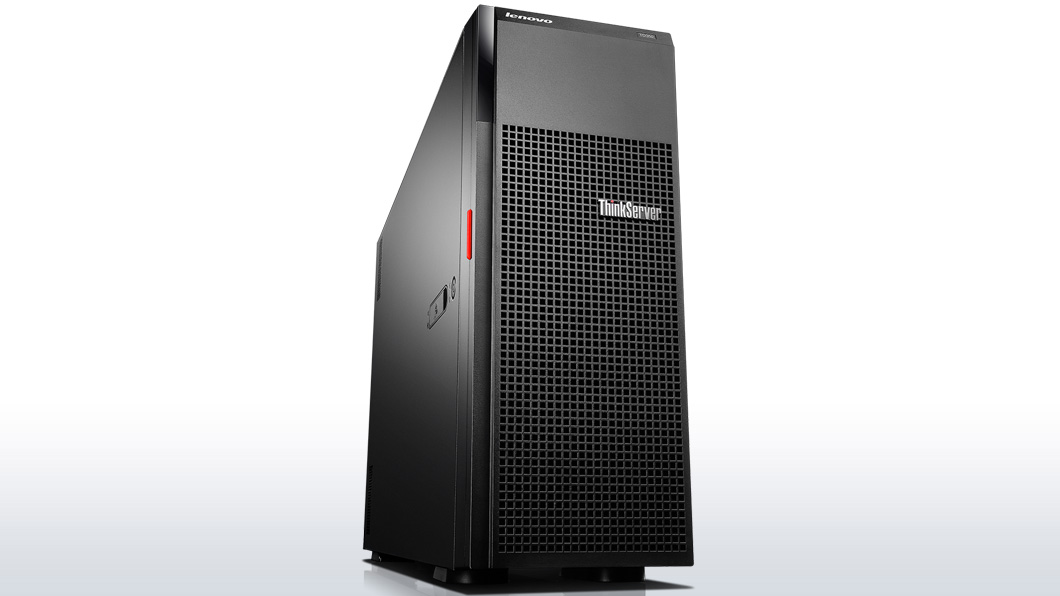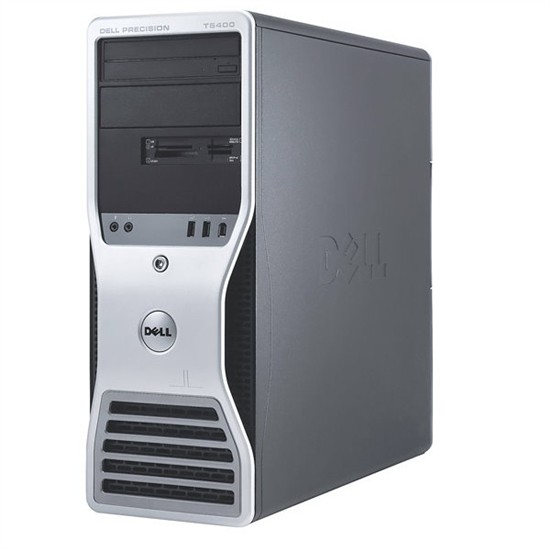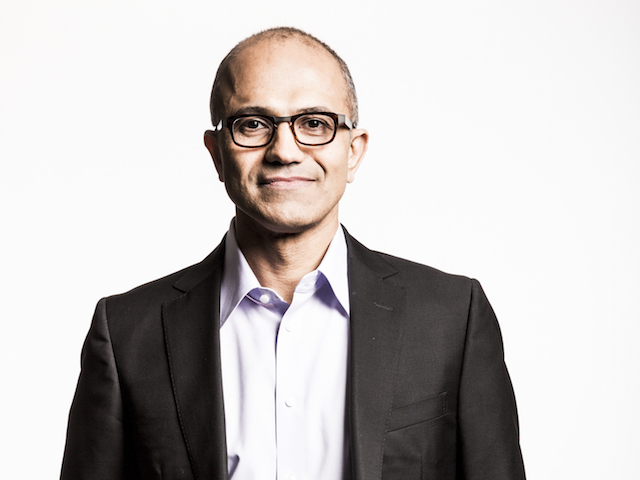One of the key factors in bringing the Personal Computer era of business to a close was the end of the upgrade cycle where users tended to buy new systems every three to five years.
For companies like Dell, Acer, IBM and Microsoft this cycle was an important and reliable income stream.
In the early 2000s though it stopped as customers decided that with most new innovations coming onto their computers through web browsers they didn’t need to buy new systems.
For the PC industry, particularly Microsoft, this presented a huge threat to their business models and all of them have been trying to find ways to refocus their businesses.
The ModernBiz Technology Make-Over
Late last year I was asked by Microsoft Australia to participate in their ModernBiz Technology Make-Over where a small business running Windows XP and Server 2003 was given a free tech upgrade to the latest equipment.
This was interesting as it was an opportunity to see how Microsoft and the market are adapting to a very changed industry.
As well I still carry the many scars – most psychological but some physical – from my years of running PC Rescue where upgrading companies’ old technology was a core part of the business.
Doing a tough job
The fallacy many managers and inexperienced companies fall for is that migration customers from old equipment to new systems is a simple matter of copying a few files. It is never that simple.
Upgrading company computers a tough field as every business is unique and in workplace where the technology has been in use for over a decade the learning curve onto new software is insanely steep for staff and management alike.
So watching the process from a relatively safe distance where I wasn’t worrying about losing customers’ data or trying to complete a complex task within a short deadline was quite attractive. Basically I wanted to see the other guys sweat.
Another attraction in participating was to see how Microsoft are managing the transition from supplying business servers to provisioning cloud services and how customers are managing that change in product offerings.
Dealing with a shifting market
For both Microsoft and their customers the shift from one off hardware and license purchases to cloud based monthly subscriptions is a major change in mindset, so seeing how small business users adapt to online services will be interesting.
Overall the technology makeover promises to be an interesting exercise on how the small business computer industry is changing.
For his participation in the Modern Biz Technology Makeover program, Microsoft gave Paul a Lenovo laptop which he hasn’t yet used.





